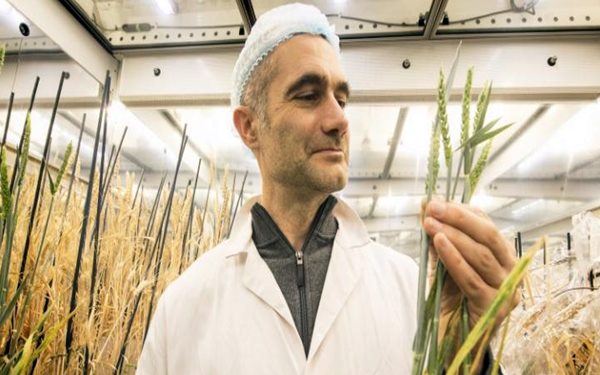
Scientists develop speed breeding technique to boost wheat production
The number of population on Earth is increasing day by day, and it is expected that by the year 2050, it will increase by two million more. The important thing that matters the most is food. The scientists have been developing lots of methods to increase food production to provide sufficient amount of foods. It seems that scientists have found a way to that. As per the new report, the scientists from Australia have developed a breeding technique, which is the world’s first-speed breeding technique. As per the report, it will boost the production process of the crop by three times. NASA’s recent experiment to grow wheat in space has inspired the scientists to develop such breeding process. This process is developed by scientists at the University of Sydney, the University of Queensland (UQ) and the John Innes Centre. The research work was published in the journal Nature plant.
NASA’s speed breeding based on intense lighting which not only speed of the production process of the crops it also makes them healthier also. Lee Hickey, Senior researcher fellow at the University of Queensland, Australia said that the team used the NASA idea to grow plants quickly on Earth and also accelerate the genetic gain in the plant breeding program. Speed breeding can be integrated easily with lots of other technologies such as CRISPR gene editing which will speed up the production, he further added.
The scientists have partnered with Dow AgroSciences to develop the new DS Faraday wheat, and it will be released in this year. As per the report, by modified greenhouses, the new production process will help to grow six generation wheat, barley and chickpea, and four generation of canola plants in just one year. This method will also work for peanuts, amaranth and lentils, sunflower, pepper, and radish.
Researchers stated that this method is now in demand all over the world because by anyhow the food production must be increased by 60 to 80 percent by 2050. This is a breakthrough for the scientists to solve food scarcity in future.


